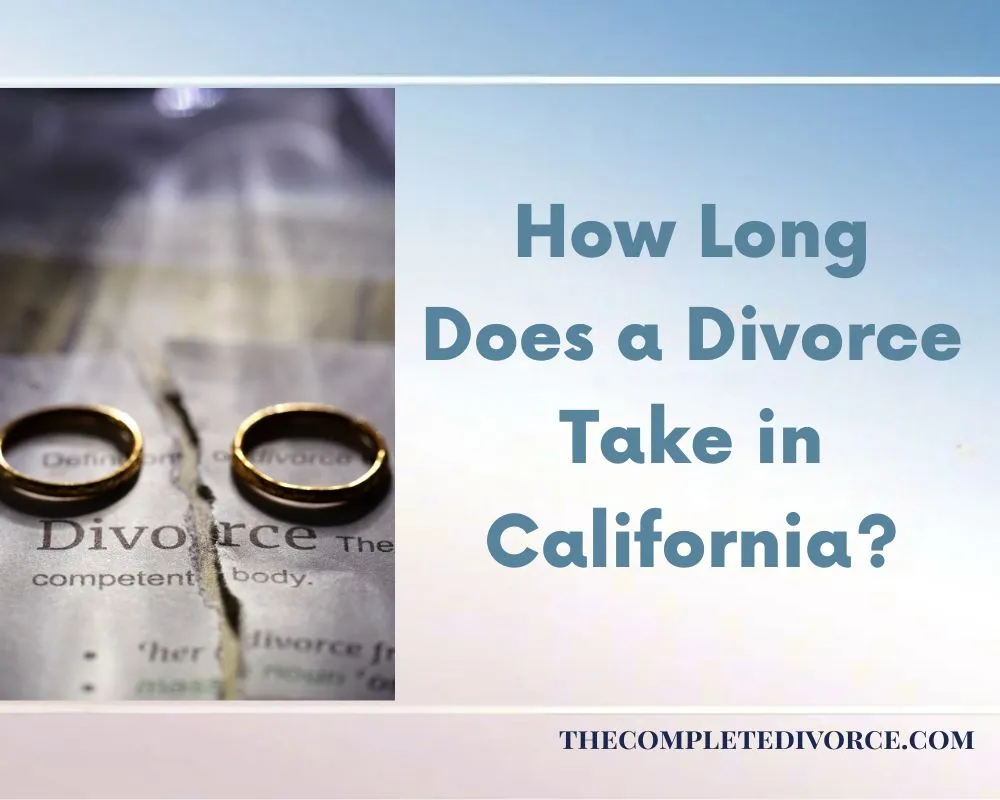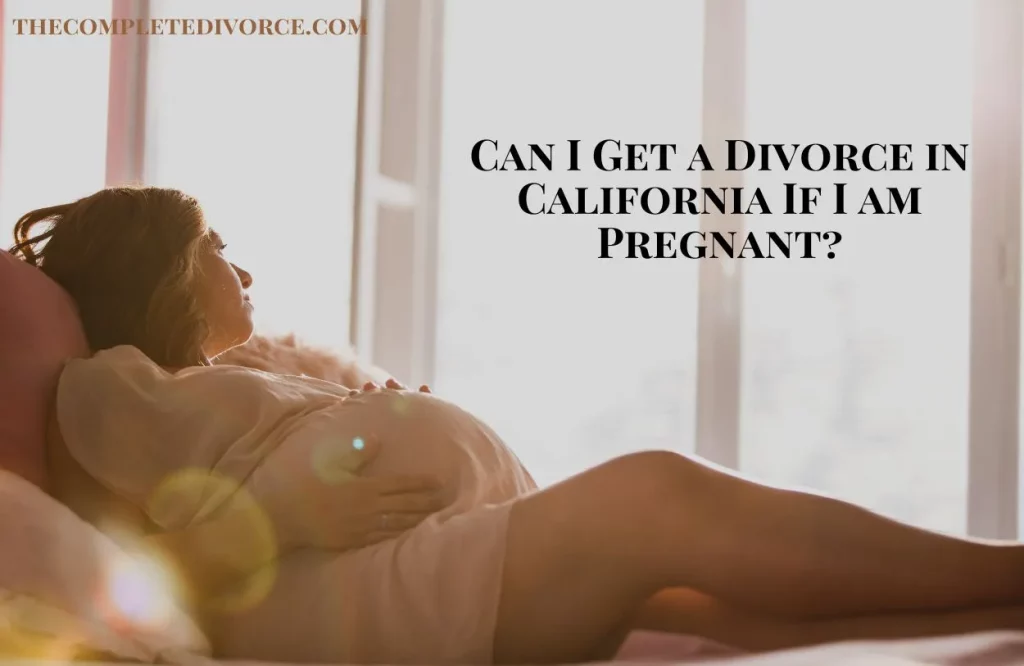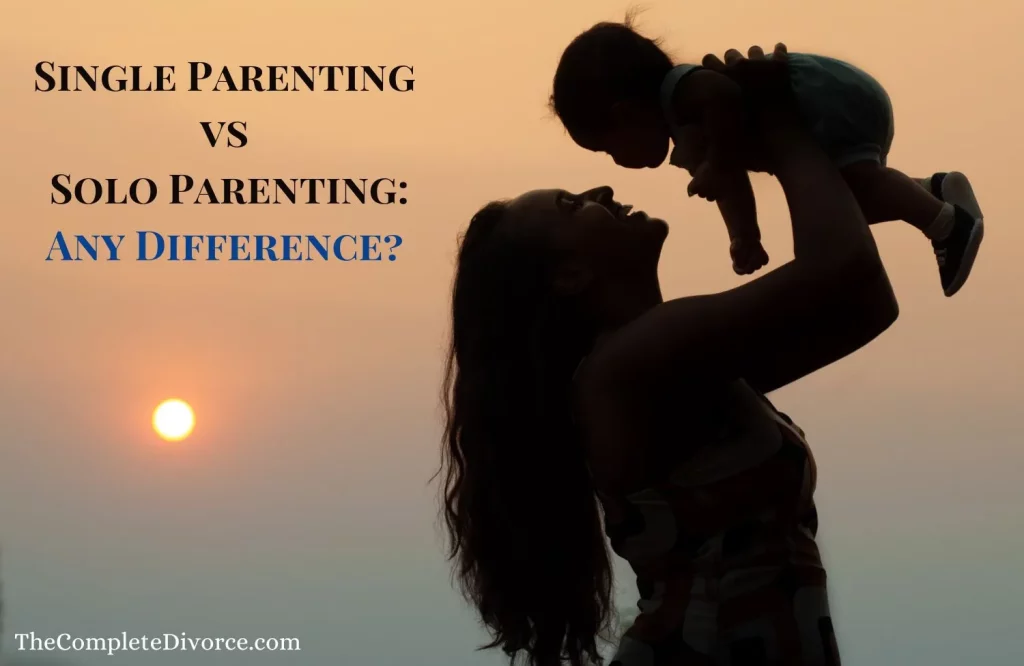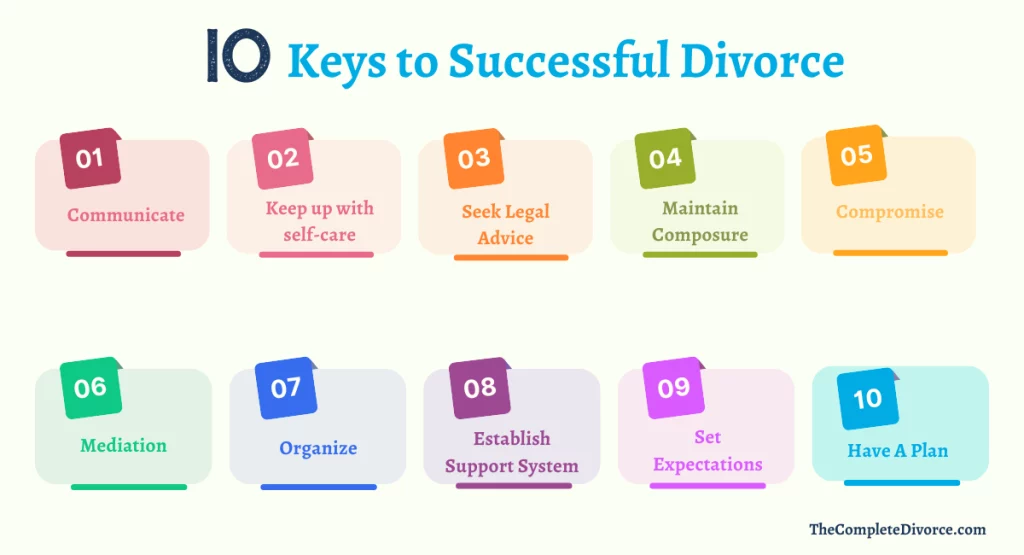
Share
Child Custody Laws: Legal and Physical Custody in California

Dina Haddad
Founder & Attorney Mediator
I’m Dina Haddad, a family law attorney-mediator in California. I’m so tired of couples not having a process that’s easy to complete their divorce. They are getting lost, wasting time and money, and beyond frustrated with their results.That’s why I created TheCompleteDivorce. I took my successful mediation practice and condensed it into an affordable and winning program.
During your divorce, your children will look to you for support and guidance as they deal with your separation. Although you are going through your own challenges, you still need to provide them the support they need.
The best support you can provide is to successfully co-parent with your spouse. Co-parenting is sharing the responsibility of raising and making decisions for your children with the other parent. Together, you can decide who the children will be with during the week, for holidays and summer; how to handle school, medical or religious issues, and anything else regarding their care. The decisions or agreements you make for your child are written into a Parenting Plan that is part of your divorce agreement. Check out our program which includes a fully completed and customizable Parenting Plan at thecompletedivorce.
If you are unable to agree, the judge will make child custody orders that the judge believes are in your children’s best interests. The judge will rely primarily on the parents’ testimony to decide what is in the child’s best interest. If the judge cannot decide what custody orders to make, the judge might order the parents to participate in a custody evaluation with a mental health professional. The custody evaluation might be with a court employee or a private evaluator. Both kinds of evaluations have a number of problems. The biggest problem is that you are not the one making the decisions for your family.
In some situations, working with your spouse is impossible because of serious parenting or safety concerns. Unless these concerns exist, work with your spouse to co-parent, so your children are less impacted by your divorce. Your children will feel emotionally secure, safe and adjust more positively to your new family structure if you work together. Parenting and Custody of Childs are really serious issues and most people didn’t know how to go through the whole process elegantly. Therefore, You can Book a Strategy Session with our experienced child custody attorney or lawyer who has helped thousands of people.
Definition of Child Custody
There are two kinds of child custody, legal and physical. The parent with legal custody makes decisions for his or her child. When a parent has physical custody, the parent has actual time with his or her children. Legal and physical custody can be shared between the parents called joint custody, or only one parent, sole custody. You might have heard the term “primary” custody. Some counties use this term but it has no legal meaning. If your judge orders primary custody, ask your judge to clarify what is meant.
Types of Custody in California
Two types of Custody exist in California law:
- Legal Custody
- Physical Custody
What is Legal Custody in California
Legal custody is the right to make decisions about your children’s health, education, and welfare. Sole legal custody gives you the exclusive right to make decisions. The other parent has no involvement. With joint legal custody, you share the responsibility together. Prior to making decisions, you must consult with each other and agree on the course of action.
For the majority, joint legal custody is the best option. Both parents have the opportunity to be involved and make decisions for their children. And the more you can work together, the better it will be for your children. In your agreement, you will want to differentiate between which decisions require a joint agreement. For instance, selecting a school or doctor requires a joint decision; but, routine medical and dental appointments do not – you only need to keep each other informed.
If working with your spouse causes more grief than good or there is a history of violence or abuse, sole custody might be necessary. There are a couple of ways to have sole legal custody. You might have sole legal custody in all areas giving you the exclusive right to make every decision for your children. The other option is to share sole legal custody because you and your spouse cannot agree and not because of any history of abuse. In that case, you each have the right to make exclusive decisions in those areas. You could be 100% responsible for education and religion, and your spouse is responsible for medical and dental, from routine to the more complicated decisions.
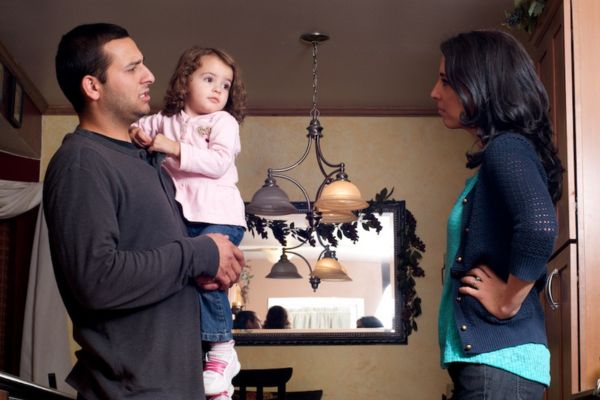
What is Physical Custody in California
Physical custody is about when, where, and who your children will be with during the day. Whether physical custody is joint or sole, it is important that both parents have time with the children. The parents’ time with the child is divided in a timeshare schedule and becomes part of your divorce agreement.
With joint physical custody, both parents have a significant amount of time with their children. It does not mean equal timeshare because the courts have not defined what percentage makes up joint physical custody. Some parents agree that even 25% time to one parent equals joint physical custody. Joint physical custody is important because it prevents one parent from moving away with the children without the other parent’s agreement or court order.
If joint physical custody is not possible, the other option is sole physical custody. The child stays the majority of the time with one parent, and the other parent may have visitation time. For example, the other parent might have Wednesdays for dinner and every other Saturday.
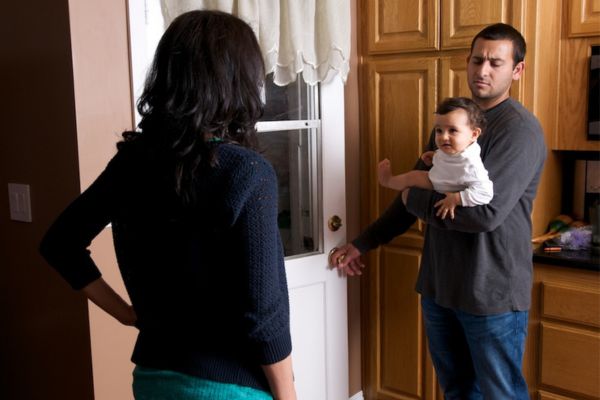
At TheCompleteDivorce, we provide you with what you need to successfully do your California divorce on your own. We provide all the required family law court forms in our automated forms program, all the video tutorials, and an automated customizable Marital Settlement Agreement (Divorce Agreement). If you need more help, you can get our package which includes time with a divorce mediator.
Before you go, consider if we can help you. We have helped thousands of couples in California. Our guided DIY divorce is successful and cheap! Our services are all 5-star!

